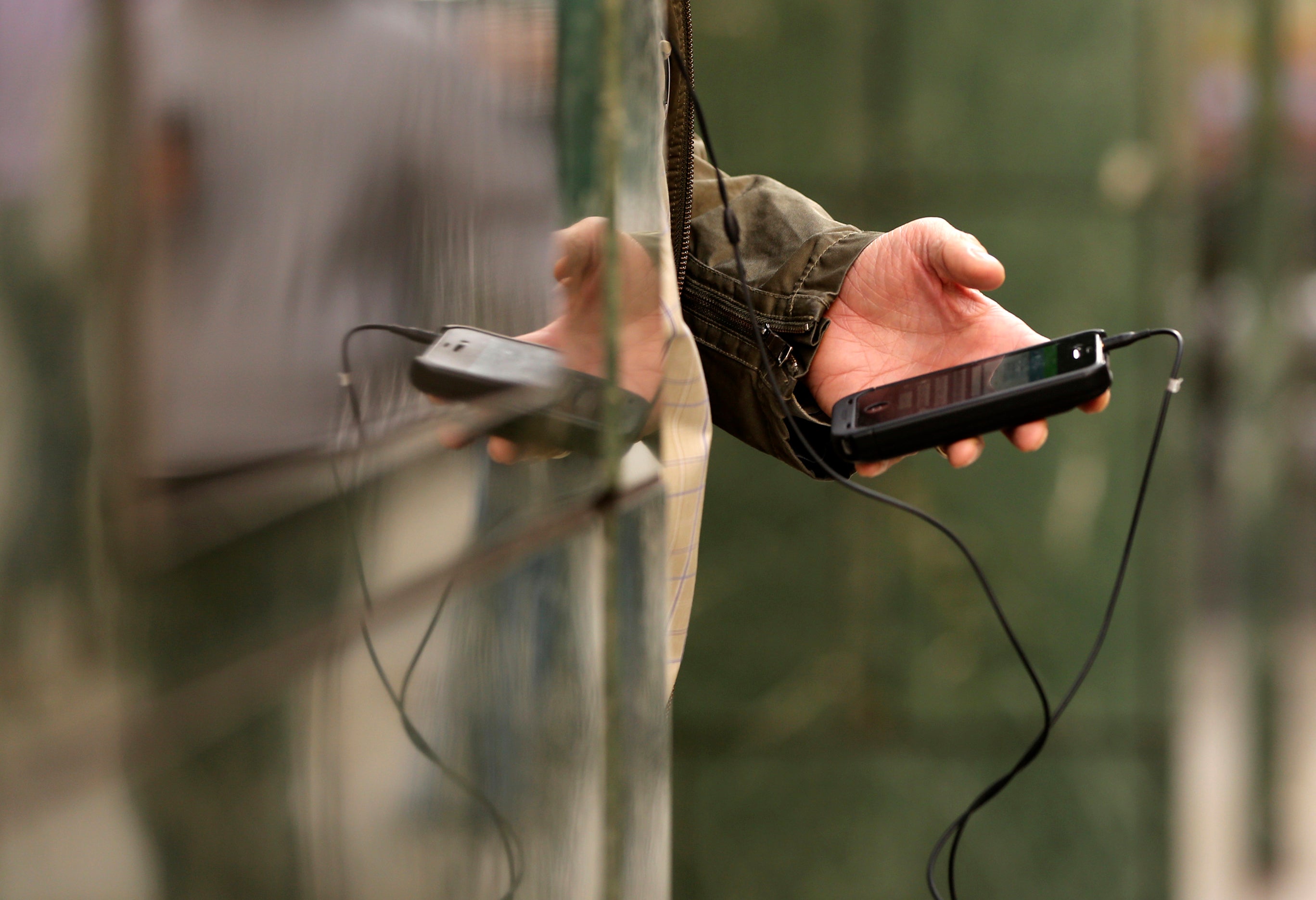The Independent's journalism is supported by our readers. When you purchase through links on our site, we may earn commission.
US network operators reject plans for mandatory smartphone kill switch
Software to deter theft will not be pre-installed on Samsung smartphones, with networks fearing profitable insurance policies will be affected

Your support helps us to tell the story
From reproductive rights to climate change to Big Tech, The Independent is on the ground when the story is developing. Whether it's investigating the financials of Elon Musk's pro-Trump PAC or producing our latest documentary, 'The A Word', which shines a light on the American women fighting for reproductive rights, we know how important it is to parse out the facts from the messaging.
At such a critical moment in US history, we need reporters on the ground. Your donation allows us to keep sending journalists to speak to both sides of the story.
The Independent is trusted by Americans across the entire political spectrum. And unlike many other quality news outlets, we choose not to lock Americans out of our reporting and analysis with paywalls. We believe quality journalism should be available to everyone, paid for by those who can afford it.
Your support makes all the difference.US mobile network operators have rejected plans to install a mandatory ‘kill switch’ on Samsung’s smartphones in an attempt to deter thieves.
The scheme was drafted by San Francisco’s district attorney, George Gascón, who told the New York Times that network operators were concerned that the kill switch would destroy the profitability of their insurance policies for lost and stolen handsets.
“Corporate profits cannot be allowed to guide decisions that have life-or-death consequences,” Gascón told the newspaper. “This solution has the potential to safeguard Samsung customers, but these emails suggest the carriers rejected it so they can continue to make money hand over fist on insurance premiums.”
Gascón had approached four major network operators (AT&T, T-Mobile, Verizon Wireless and Sprint) but all rejected the plan to install LoJack software on Samsung handsets before the devices are sold.
LoJack allows users to remotely track their smartphone from a computer or laptop, lock it to avoid unwanted access and even delete sensitive content remotely.
The networks, however, have said that they believe such mechanisms carry their own risks, including the possibility that the programs could be hacked to lock customers out of their own smartphones permanently.
Some manufactures, like Apple, already incorporate their own anti-theft software. iPhones now come loaded with an “Activation Lock” feature that operates identically to LoJack.
Gascón himself has said on Twitter that he uses Activation Lock and the NYPD have even advocated for its use. In New York and in Gascón’s home district of San Francisco the theft of iOS devices is reportedly so common that the activity is referred to as “Apple picking”.
Despite the setback, Gascón has said that he will continue to support a pre-loaded kill switch feature for Samsung handsets.
“We have repeatedly requested that the carriers take steps to protect their customers,” he said. “We are now evaluating what course of action will be necessary to force them to prioritize the safety of their customers over additional money in their pockets.”
Similar plans have also been proposed in the UK, with Boris Johnson declaring in July this year that mobile phone companies must do more to deter smartphone theft.
“Customers and shareholders surely deserve to know that business cannot and must not benefit directly from smartphone theft through sales of replacement devices,” wrote Johnson in a letter to eight major manufacturers.
Join our commenting forum
Join thought-provoking conversations, follow other Independent readers and see their replies
0Comments